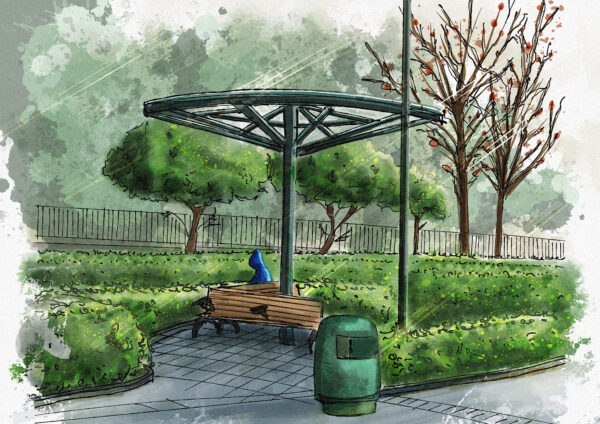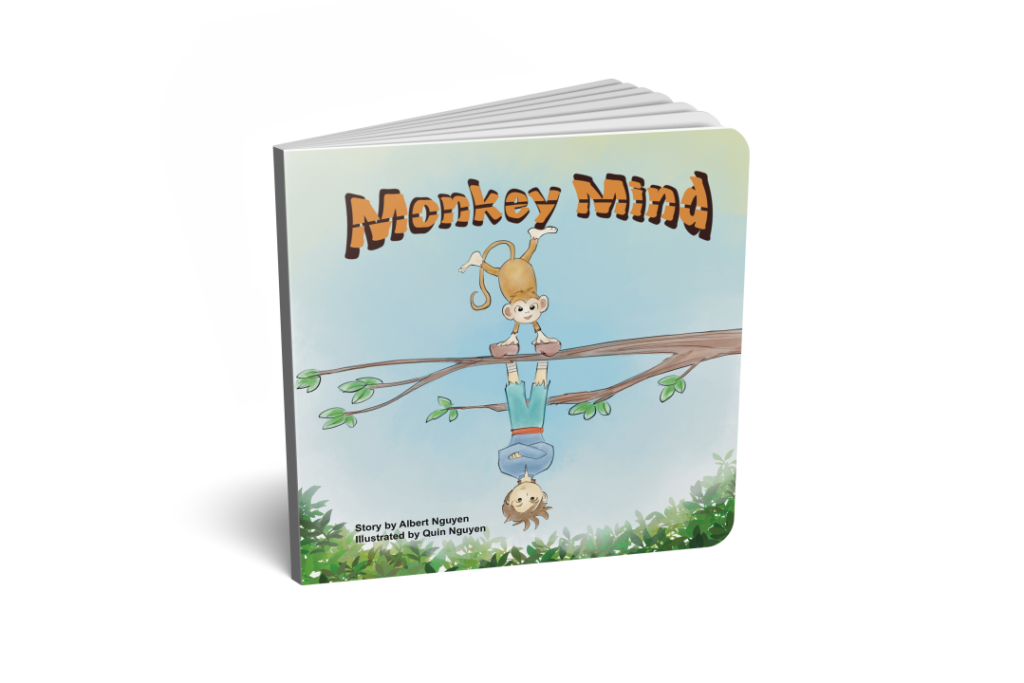“In moments when life spirals beyond our grasp, art becomes the anchor, offering us the reins to regain control, one stroke at a time.”
The Joy of Sketching: A Guided Experience
Art & Essence
A Journey Through Imperfection
In the heart of our fast-paced world, art emerges as a sanctuary, a gentle pause in the whirlwind of life. It’s where the act of creation becomes a form of meditation, allowing us to savor the world in its raw beauty—flawed, fleeting, and utterly beautiful. Each stroke of the pencil/pen or sweep of the brush brings us back to the present, offering a profound sense of control amidst chaos. This is where science and soul intertwine, revealing art’s power to anchor us firmly in the ‘now.’
Perfection is not the goal in art – it is the appreciation of imperfections that crafts the masterpiece.
The act of creating is not just an escape but a return—a return to self, to balance, and to a life lived fully in each imperfect moment.
Join us in this poetic exploration of art for mental health, where every line drawn and color chosen is a step toward reclaiming control, discovering beauty in the imperfect, and dancing with the transient rhythms of life. Here, we don’t just create art; we create moments, memories, and a deeper understanding of the intricate dance between impermanence and beauty.
The Experience: Guided Art Sessions
Embark on a creative journey and learn the art of sketching like no other with our experienced art facilitator. Our guided art sessions are designed for individuals of all skill levels, from beginners to seasoned artists. We offer a diverse range of themes and subjects, from abstract art to serene landscapes to expressive portraits, ensuring there’s something for everyone. In each session, we’ll provide step-by-step instructions and expert tips, making the sketching process enjoyable and stress-free.
We offer small to large guided group sessions and one-on-one sessions for all ages, from adults to young children. We also encourage parental involvement, especially with younger children. By joining and doing the guided sessions, parents lead by example and provide co-regulation, family time, and a vital shared experience. There are large amounts of studies and experts in child mental health that show the single, most powerful solution to behavioral and mental health issues in children is parents who are involved.

The Intersection of Our Inspiration
The Beginning of Something New
Albert, the founder of Optimind, brings a rich tapestry of experiences to the integration of art in mental health, drawing from a profound four-year tenure with Stanford, where he worked in outpatient services and within the main hospitals’ ICUs at Lucile Packard Children’s Hospital. Amid the pandemic, while supporting children and families through some of their most challenging moments, one department stood out to Albert – The Child Life and Creative Arts Department at Lucile Packard Children’s Hospital Stanford. This department is renowned for its developmentally appropriate education, preparation, support, and therapeutic play, designed to minimize stress and help children and their families cope positively with their healthcare experiences. The team’s dedication and the profound impact of their work left an indelible mark on Albert.
A pivotal moment for Albert was his work with children battling cancer, witnessing firsthand how art became a vital outlet for them to express themselves. The children’s drawings and crafts were not just activities — they were windows into their souls, helping them explore and navigate their emotions amidst their battles with illness. This experience underscored the transformative power of art in therapeutic settings, reinforcing Albert’s belief in the healing potential of creative expression.
The Formation
As Albert ventured to build a mental health practice, a serendipitous encounter with Quin, an artist passionate about the intersection of art and mental health, reignited Albert’s commitment to integrating art with mental health services. Inspired by Quin’s passion and artwork, Albert saw a unique opportunity to merge art with mental health in a meaningful way. This collaboration led to the inception of a children’s book project (Monkey Mind) and, subsequently, the development of an art program at Optimind, designed and facilitated by Quin.
The Wabi Sabi Philosophy
The integration of art into mental health at Optimind is profoundly aligned with the essence of Japanese art culture, particularly the principle of Wabi-Sabi, which cherishes beauty in imperfection, transience, and the natural cycle of growth and decay. This principle, along with the Japanese values of mindfulness, simplicity, and the deep respect for nature as seen in Shintoism, resonates with our therapeutic practices. These cultural tenets celebrate the art of living in harmony with the natural world and finding peace in the impermanent, imperfect, and incomplete aspects of life. This philosophical approach to art as a universal language offers a powerful medium for healing and self-expression, bridging the seen and unseen, the articulated and the unvoiced. It’s this nuanced understanding of art’s role in mental health that shapes Optimind’s methodology, transforming art from mere practice to a profound journey of discovery, acceptance, and connection with one’s deeper self.
The Science
The vital role of art in mental health is underscored by a growing body of scientific evidence, revealing its capacity to enhance cognitive function, reduce stress, and foster emotional resilience. Through engaging in art, individuals can tap into the non-verbal areas of the brain, allowing for the expression of thoughts and feelings that might be difficult to articulate through words alone. This process of creation and reflection can lead to significant therapeutic outcomes, including improved mood, decreased anxiety, and a stronger sense of self. Art, recognized for its therapeutic efficacy, leverages these principles, facilitating personal growth and healing.
Here We Are
Albert’s transition from his impactful work at Stanford to founding Optimind, and further, establishing its art program, stands as a testament to the transformative power of art in mental wellness. By positioning art not merely as an adjunct but as a fundamental component of mental health, Optimind’s approach embodies a holistic vision of mental health care. This innovative program serves as a bridge between the scientific benefits of art and the lived experiences of those it serves, highlighting art’s indispensable role in healing and enriching the lives of individuals on their journey toward recovery and self-discovery.
The Experience Starts Here
DISCOVER HOW ART CAN HELP
The journey begins.
Monkey Mind Children’s Book

Monkey Mind, crafted by Albert with illustrations by Quin Nguyen, is a heartwarming tale of Bai’s journey to conquer his restless thoughts through mindfulness, offering a vibrant tool for discussing mental health and emotional regulation with children.

